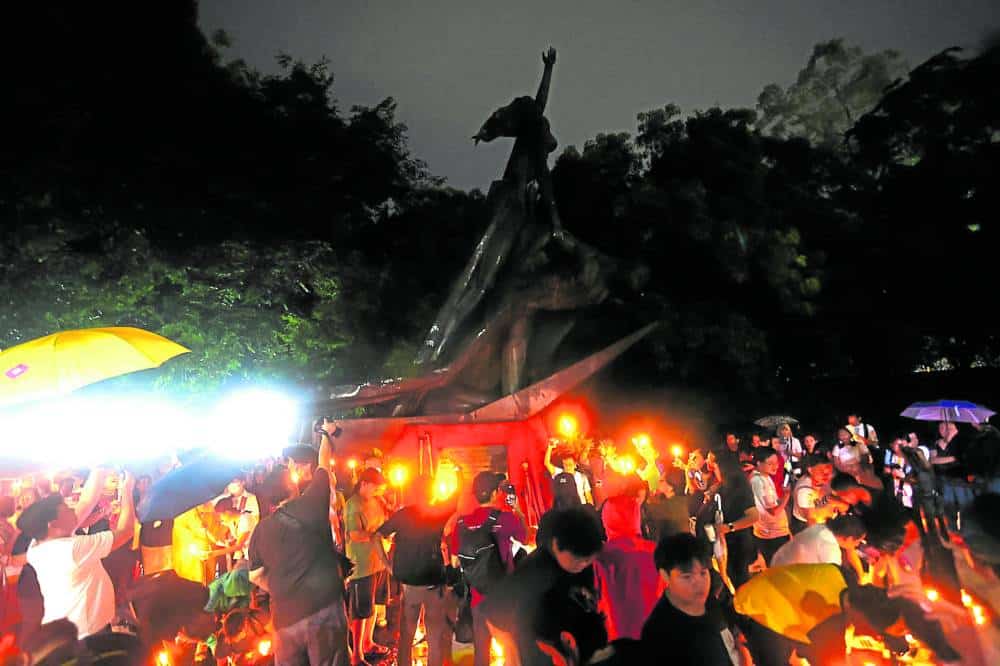MANILA, Philippines — As the Philippines marks 52 years since the declaration of martial law in 1972, human rights organizations have called attention to former President Rodrigo Duterte as a recent example of authoritarianism. In a statement, the group Karapatan emphasized that under Duterte, the term “martial law” is no longer solely tied to the actions of former president Ferdinand Marcos Sr., who declared martial law in 1972.
Karapatan and other advocacy groups have voiced concerns about the alleged human rights abuses that occurred during Duterte’s presidency. They argue that his administration adopted oppressive measures reminiscent of past martial law policies. Reports of extrajudicial killings, arbitrary arrests, and suppression of dissent have been highlighted as part of a broader pattern of human rights violations.
Protesters gathered in various locations across the country to commemorate the anniversary. They called for accountability for past and present government atrocities and urged the public to remain vigilant against authoritarianism. The activists stressed the importance of remembering history to prevent a recurrence of similar abuses.
Organizations such as Amnesty International have also weighed in, calling attention to the implications of Duterte’s policies on civil liberties. The groups pointed to the crackdown on press freedom and the targeting of dissidents as evidence of a troubling trend in governance.
The anniversary serves as a reminder of the impact of martial law on the Philippines and the ongoing struggles of rights defenders. Many activists believe it is essential to continue advocating for human rights and holding leaders accountable. They argue that forgetting the lessons of the past risks allowing similar injustices to take root in the present.
Duterte’s administration faced numerous allegations, including mishandling the drug war and legislative measures that critics argue eroded democratic institutions. Proponents of his policies argue that they were necessary for maintaining peace and order. However, rights groups assert that the cost of these policies has been the suffering of countless victims of state violence.

